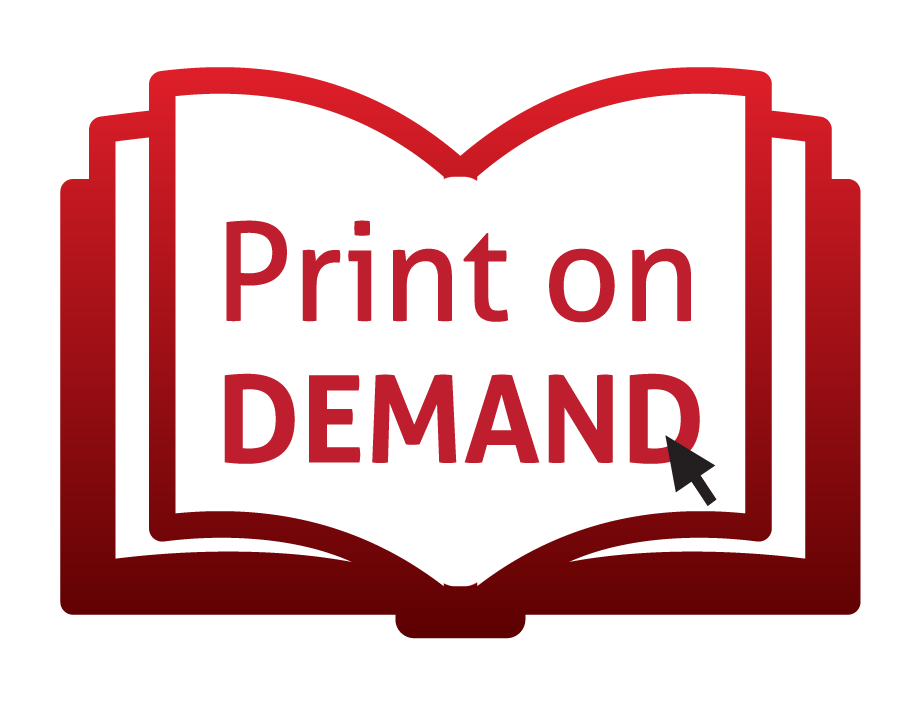Description
Advancement of the state of scholarship on media management is a three-pronged process. The body of knowledge on which media executives and managers can draw grows as: (1) core concepts and analytical frameworks are refined, augmented and occasionally supplemented or replaced by new ideas that better explain the roles of media in their larger economic and societal contexts; (2) Rigorous empirical analysis probes the limitations of current understanding and raises new questions; and (3) Grounded case studies extract knowledge through theoretically informed observation of situations and processes that are too complex and multi-faceted for more tightly controlled statistical analyses but still are too rich in their potential to contribute to knowledge to ignore. All three prongs are represented in this edited volume, which draws on the best of the new research and thinking showcased at the Annual Conference of the International Media Management Academic Association held during October 24-25, 2014 in Pamplona, Spain. The book’s 10 chapters are organized into three main sections that move, respectively, from a high level focus on core principals and fundamental challenges to effective management, to more narrowly focused research (but with generalizable findings) on solutions to concrete and specific problems faced by media firms trying to improve their results from the services and products they offer, to case studies of market-level change in three very different political and economic environments.








